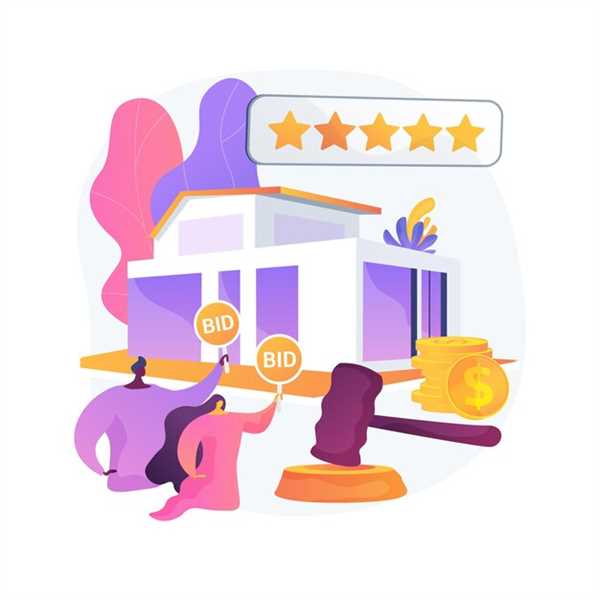
If you aim to acquire vehicles at a fraction of their market value, consider registering on platforms specializing in distressed goods. Begin with Copart, a leader in online bidding that offers a diverse range of auto options. Its user-friendly interface allows for seamless navigation, making it accessible even for novices. Sign up for their newsletters to stay updated on upcoming sales and exclusive deals.
Another noteworthy site is IAAI, which presents a vast selection of vehicles, each meticulously categorized for convenience. Their auction events are frequent, providing ample opportunities to secure attractive purchases. Utilizing their searchable database will save time and enhance your bidding strategy significantly.
Explore the unique offerings of Manheim, particularly if you are interested in a broader range of assets beyond just vehicles. This marketplace caters not only to cars but also to trucks and salvage equipment. Joining their community can provide insights into the latest trends and bidding techniques that can elevate your buying experience.
Lastly, give a glance at AutoBidMaster, known for its accessibility to the general public. Unlike some platforms, it allows individuals to participate without dealer licenses, broadening your options. The transparent bidding process paired with competitive pricing ensures that you can snag potential bargains with ease.
Comparing Popular Salvage Auction Platforms
The choice of a marketplace for acquiring vehicles can significantly impact your experience. Copart is widely recognized for its vast inventory and user-friendly interface, making it suitable for both beginners and seasoned buyers. The platform offers detailed vehicle descriptions and various bidding options, enhancing transparency during the acquisition process.
IAAI stands out with its emphasis on consumer protection and detailed vehicle history records. Buyers benefit from clear insights into the condition and specifics of the units available, which aids in informed decision-making. The search functionality simplifies the process of finding specific items, appealing to those with particular needs.
Manheim operates as a robust choice for dealers seeking access to a diverse range of inventory. Their auction events are extensive, providing opportunities to acquire both vehicles and additional services. The platform cultivates a network among professionals, facilitating valuable connections and insights into market trends.
BidGo is gaining traction for its simplicity and streamlined bidding process. With a focus on user experience, it minimizes the complexities often associated with auctions. This is a compelling option for those looking to swiftly navigate the marketplace while securing good deals based on real-time auction dynamics.
The decision between these options ultimately hinges on individual needs and preferences. Factors such as inventory range, user interface, and transaction security should guide your selection to ensure a satisfactory purchasing experience.
Navigating the Registration and Bidding Process

To participate in the bidding activities on various platforms, begin with completing the registration process, typically straightforward and quick. Most services require basic information like name, email, and contact details. Some may ask for identification documents to verify your profile.
After registration, many platforms necessitate a deposit to activate your bidding privileges. This amount varies, so review the specific requirements for each site. Ensure your payment method is accepted, commonly credit cards or bank transfers.
Before placing bids, familiarize yourself with the system. Each platform displays items with detailed descriptions and images. Examine the condition reports and any notices regarding repairs or damages for informed bidding.
Participate actively during the bidding sessions. Most platforms have a timeline for each auction, displaying the countdown. Keep track of your maximum bid to avoid overextending your budget. Utilize automatic bidding features if available, which automatically raise your bid within your limit as competitors place their offers.
Conclude the process by promptly addressing payments for won items. Review the terms regarding pickup or shipping options. Understanding all fees associated with your purchase ensures no surprises occur post-auction.
Understanding Fees and Costs Associated with Salvage Auctions

Review the listing fees charged by various sites. These costs can range from a few dollars to several hundred, especially for premium listings.
Examine buyer’s premiums, typically added to the final bid amount. This fee usually varies between 5% to 15%, so calculate accordingly to assess total expenditure.
Check for additional costs such as inspection fees, which might apply if a platform allows physical assessments of items prior to bidding. Such charges can be a flat rate or charged per vehicle.
Consider transportation expenses after winning an item. Many bidders overlook logistics–shipping costs can inflate the final price significantly.
Account for any state taxes applicable on successful purchases. Tax regulations differ by region and can vary considerably.
Review service fees for registration, membership, or bid placements, which might be charged upfront or per auction event.
Caution with hidden fees. Some websites present additional charges during the bidding process that may not be immediately clear.
Evaluate your total potential investment by factoring in all possible expenses associated with participation on different marketplaces. Calculating expenses upfront ensures more informed decisions while bidding.


